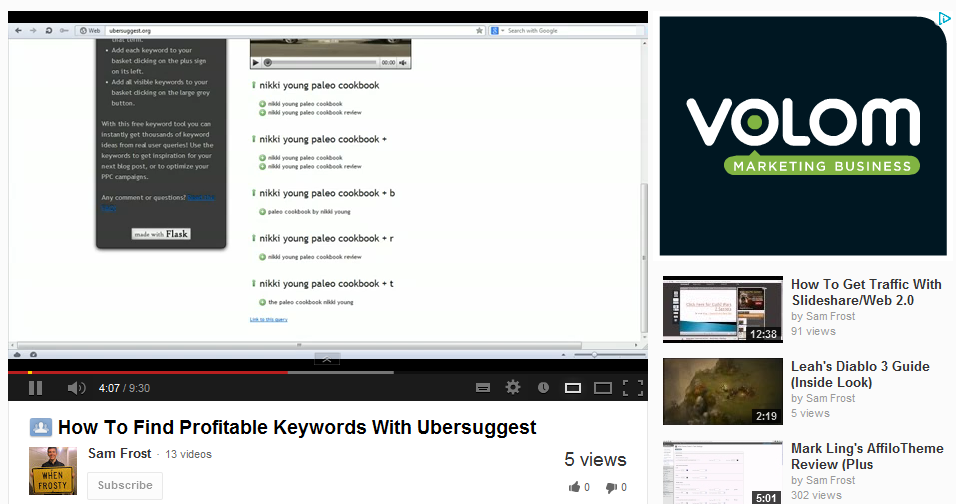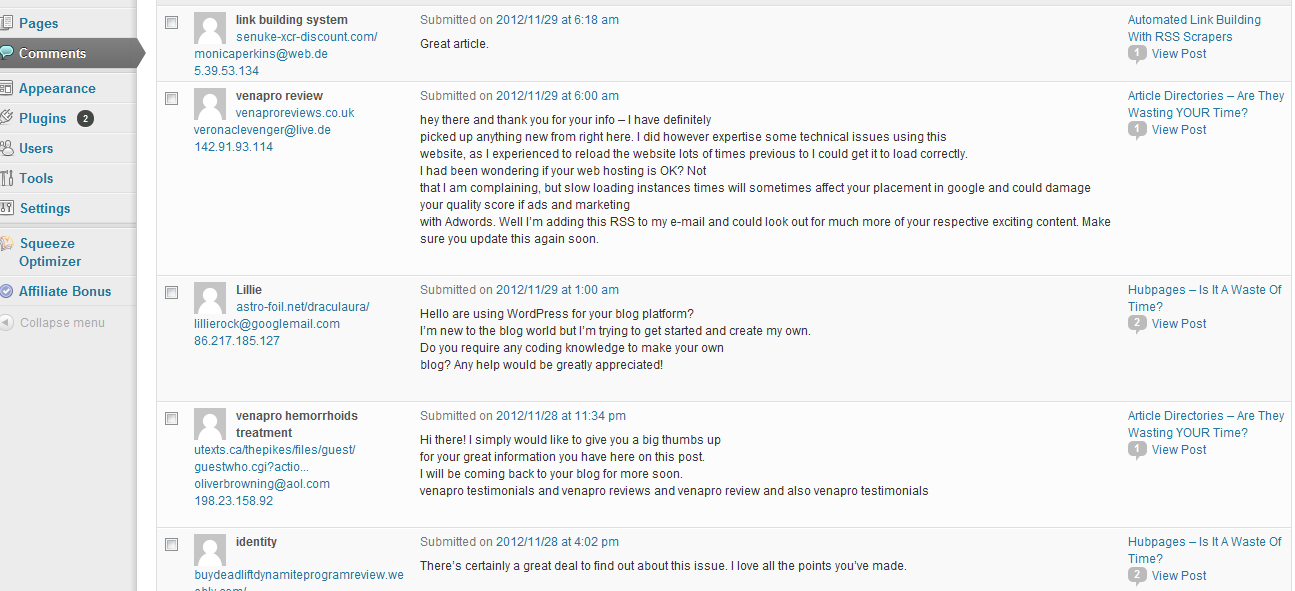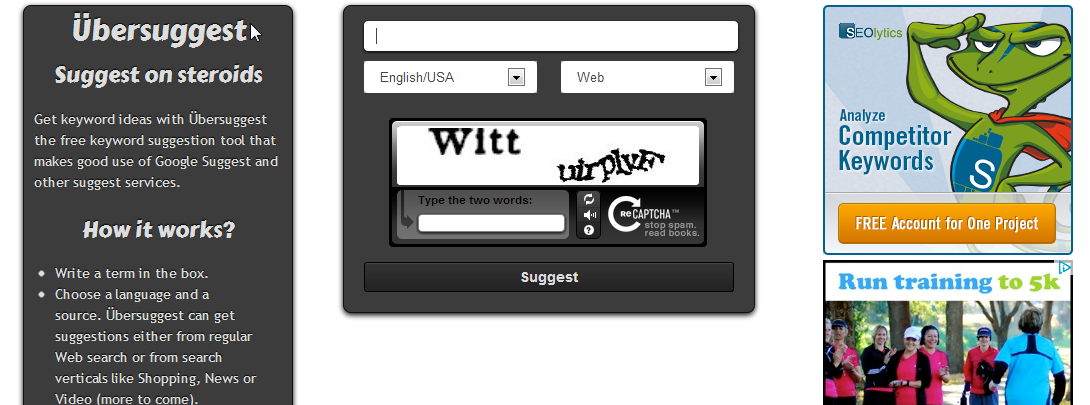Link Building Could Hurt Your Site
Link building is the hottest topic in the vast realm of SEO. Many webmasters dedicate countless hours of their lives to building links in the hope of reaching the Holy Grail of page one rankings for their keywords. However, there is a growing body of evidence to suggest that SEO link building could actually be a waste of time. In this article you are going to discover exactly why excessive link building could harm your rankings in Google, especially if your site content is not of a sufficient standard.
Google has continued to stress the importance of quality, unique content that engages the target audience, as being the most significant factor for high search engine rankings going-forward. Whereas link building can easily be “abused” by unscrupulous marketers who are willing to deploy automated software and black hat tactics, it is much more difficult to fake quality content. Because of this, it stands to reason that Google will continue to place growing emphasis on the need for impeccable on-site content in order to rank well for keyword phrases.
Therefore, you may be wasting your time with link building if you have not been doing any quality control on the content you add to your website. This is especially the case if you have been rewriting basic PLR articles, or outsourcing your article writing to inexpensive content providers with little training and experience. Google continues to indicate that sites which do not provide good content to users, but which instead prefer to rely on link building to artificially inflate their position in search results, are going to be targeted in future algorithm updates.
Broad trends in SEO show no sign of diverting course away from the growth of increasingly sophisticated search algorithms that are able to determine which pieces of content are good, and which pieces are bad. If your content errs on the wrong side of this divide, then it is entirely feasible that link building may one day prove to be ineffective at getting you to the top of the search rankings. If this prospect has got you feeling a bit hot under the collar, and you are worried about being caught out by Google for focusing on link building instead of delivering a great content experience to your site users, then you need to take action now to redress this problem.
Start by auditing your on-site content to determine its value. Read over your articles or blog posts and ask yourself whether they actually deliver on the fundamental promise you are making to a prospective reader. For example, if you have an article that promises to teach strategies for dog training, then you need to provide valuable and truly informative content about dog training strategies. It is not enough to waffle for 500 words without providing and hard-hitting content that actually teaches the reader any effective strategies for training their dog. The writing is on the wall for filler content; pretty collections of words that offer no valuable information to the reader. Instead, you need to focus on developing deep content that gives the reader exactly what they are searching for in one convenient location.
To conclude, only once you can unequivocally state that your website provides quality, engaging content to your readers should you embark on any form of link building campaign. Within the milieu of link building it also pays to focus on developing a smaller quantity of higher quality links. Avoid mass article directory submissions, the use of automated linking software, or hiring outsource SEO workers who promise thousands of backlinks in a very short space of time. Remember that link building does not enhance the standard of web results for the average Internet user; it merely increases the chances of your content ranking for a particular keyword. Google is becoming increasingly shrewd at determining which websites are compensating for substandard content through the use of link building strategies. By switching focus to providing truly exceptional content, you can safeguard your online business, rankings, and traffic from this new trend in SEO.



